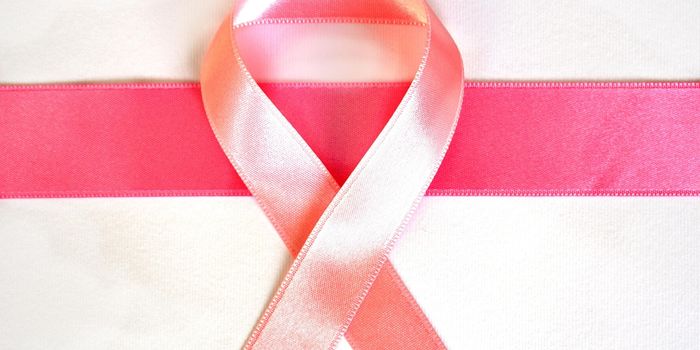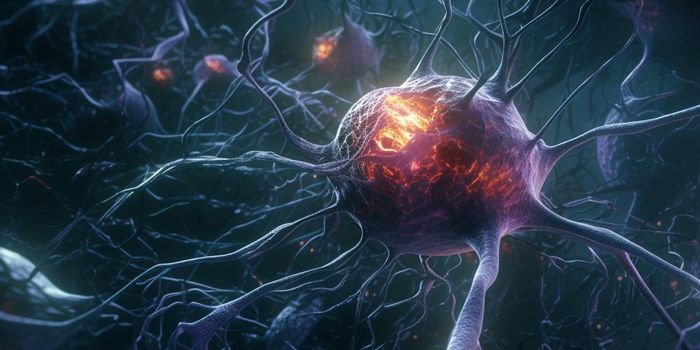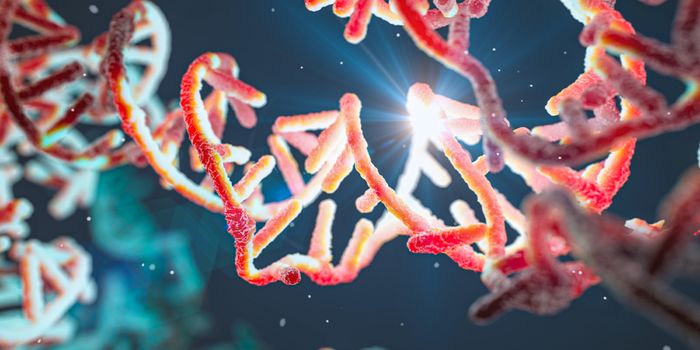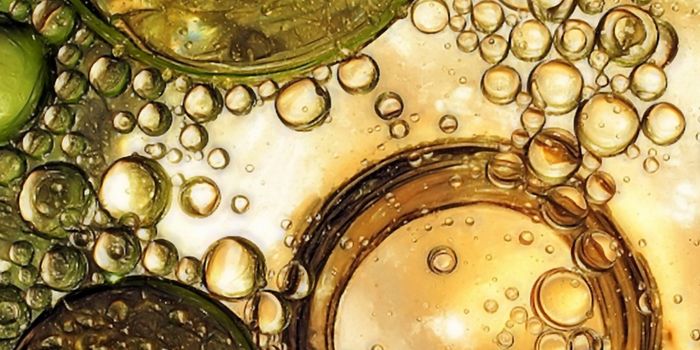Novel Cancer-Driving Genes are Discovered
Cells have to be able to divide so new ones can replenish cells that get worn out, dysfunctional, or that accumulate damage in their genome. Usually, minor DNA damage can be repaired, but if not, cells have a way to take themselves out of commission before they cause harm, and programmed cell death, called apoptosis, is triggered.
Cancer arises when cells begin to divide uncontrollably. This can happen because the genes that are supposed to control cell division accumulate errors, causing DNA-damaged cells to divide, and the apoptosis mechanisms that shouold ensure that damaged cells get taken out of commission also fail.
There are genes that, when mutated, can promote cancer. Depending on how they do that, they might be called oncogenes (OGs), which encourage cell division, or tumor suppressor genes (TSGs), which become damaged but are normally supposed to stop cells from dividing, or help repair DNA damage.
Scientists have now created a computational tool for predicting TSGs and OGs. The prediction algorithm has been called 'Discovery of Oncogenes and tumor suppressoR genes using Genetic and Epigenetic features' or DORGE.
After developing the technique, the researchers used it to learn more about the development of tumors and identify previously unknown cancer-promoting genes. The findings, which integrated epigenetic and genetic data, have been reported in Science Advances.
"Existing bioinformatics algorithms do not sufficiently leverage epigenetic features to predict cancer driver genes, despite the fact that epigenetic alterations are known to be associated with cancer driver genes," said senior author Wei Li, Ph.D., the Grace B. Bell chair and professor of bioinformatics in the Department of Biological Chemistry at the University of California - Irvine School of Medicine. "Our computational algorithm integrates public data on epigenetic and genetic alternations, to improve the prediction of cancer driver genes."
The cancer-drivers that were predicted by DORGE included both known and unknown genes. The scientists also found that some genes that were predicted to be both TSGs and OGs were also frequently part of protein interactions and drug-gene networks.
"Our DORGE algorithm, successfully leveraged public data to discover the genetic and epigenetic alterations that play significant roles in cancer driver gene dysregulation," explained Li. "These findings could be instrumental in improving cancer prevention, diagnosis, and treatment efforts in the future."
Sources: AAAS/Eurekalert! via University of California - Irvine, Science Advances









